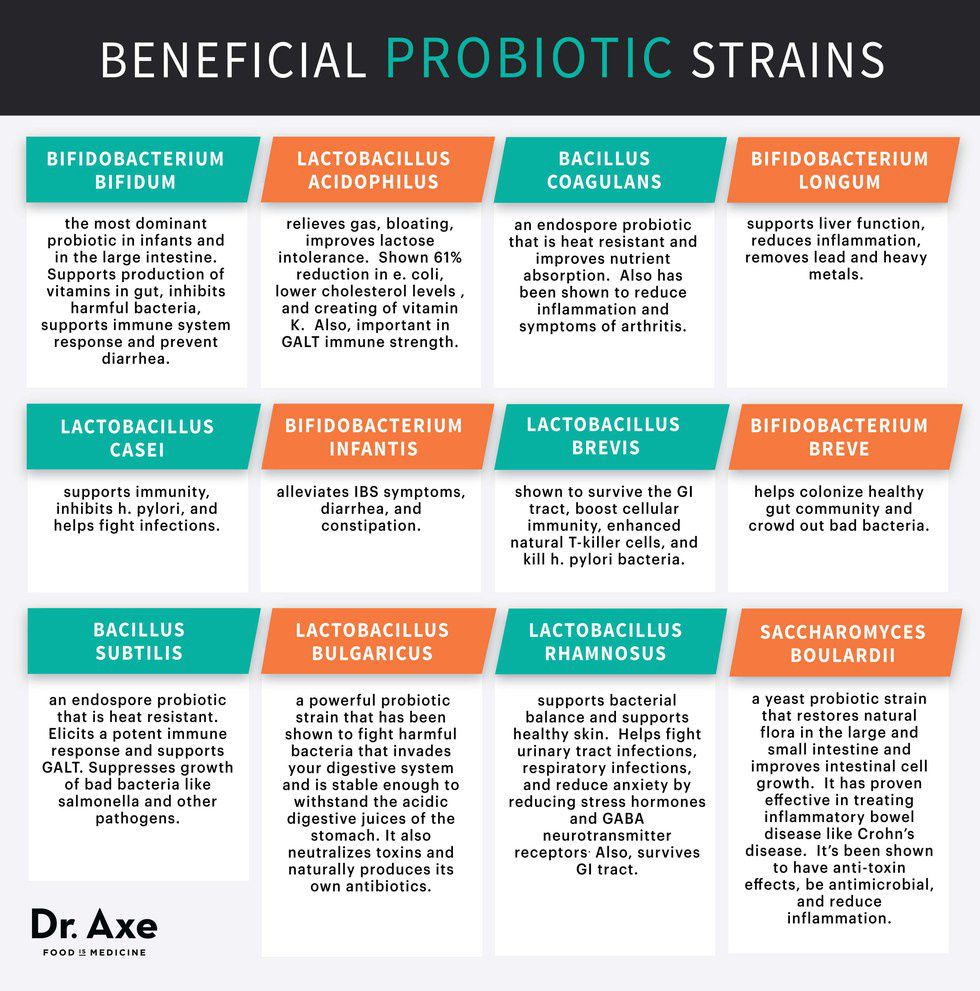Staying healthy during season changes are important to avoid unnecessarily contraction of a virus. Having to cope with midterms while living the role of a runny-nosed zombie is less than thrilling. Keeping yourself healthy prior to changes from summer to fall, is an easy way to avoid sickness naturally.
1. Stay Hydrated!
Drinking plenty of water ensures that your blood will carry plenty of oxygen to all the cells of your body. This means that all of your body's systems will function adequately, because they'll be getting plenty of oxygen. Your immune system functions best when your muscles and organs are functioning best. Water allows your kidneys to remove toxins from your body. It allows your cells to take in nutrients, and it also allows them to expel waste products. If you don't drink enough water, toxins will build up, weakening your immune system -Emily Delacey
2. Exercise!
Physical activity may help flush bacteria out of the lungs and airways. This may reduce your chance of getting a cold, flu, or other illness. Exercise causes changes in antibodies and white blood cells (WBC). WBCs are the body's immune system cells that fight disease.
3. Up your consumption of probiotics
Probiotics are "good" bacteria that can help keep the body healthy and protect it from "bad" bacteria — and there's even some thought that taking probiotics may help to prevent cold and flu viruses. In fact, a recent study found that regular use of probiotics kept people healthier and reduced the incidence of upper respiratory infections (like the common cold). Consider eating foods that contain probiotics or taking probiotic supplements to prevent flu.
4. Eat your greens!
A well-nourished immune system is better able to fight off infections. It's got to be fueled with natural vitamins andantioxidants found in healthy foods. Eat dark-green, red, and yellow vegetables and fruits. They're packed with numerous antioxidants, plus vitamins A, C, E, and beta-carotene.
5. Kick the stress, get your rest
Sleep deprivation has an adverse effect on immune function, and chronic sleep loss can increase an individual's vulnerability to infectious diseases. Past Sleep in America polls conducted by the National Sleep Foundation indicate that children and the elderly, identified as high-risk populations and first in line for the flu vaccine, are often sleep-deprived. Poll data shows that on average, newborns to l0 year olds don't even meet the low range of recommended hours of sleep each night, while two-thirds of older adults say they suffer from frequent sleep problems, including insomnia, which often prevent them from getting a good night's sleep.


























